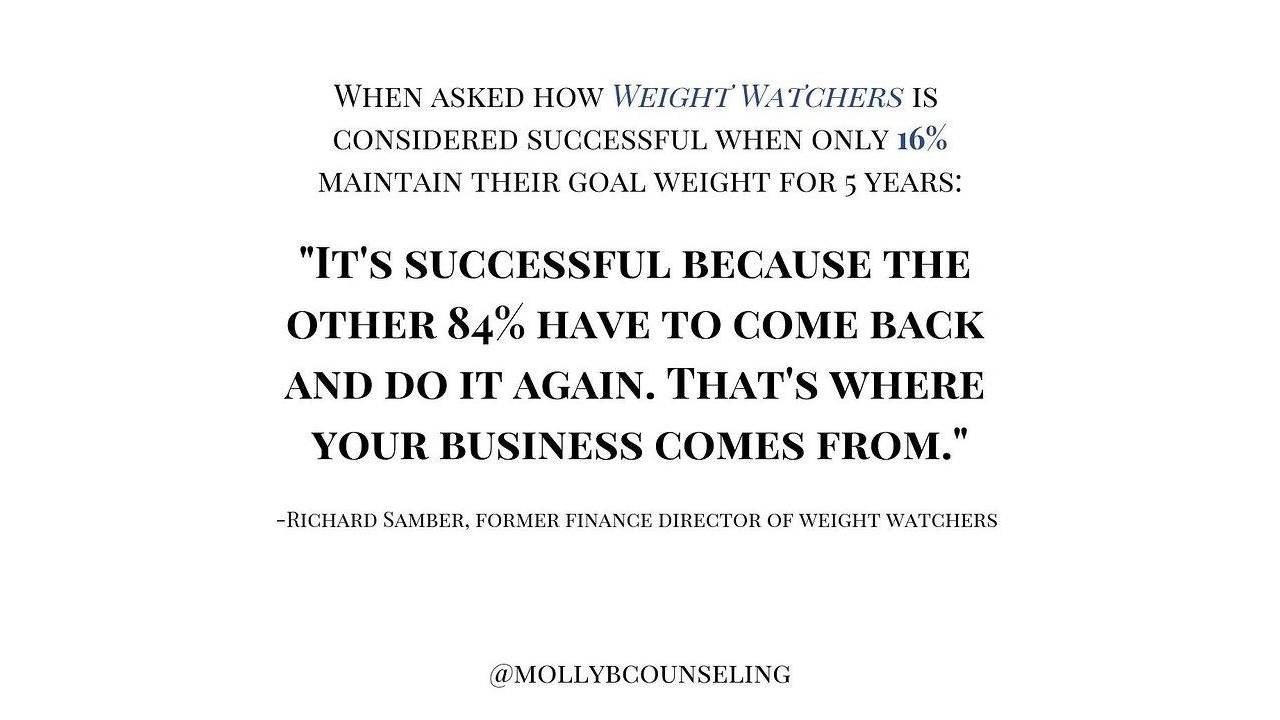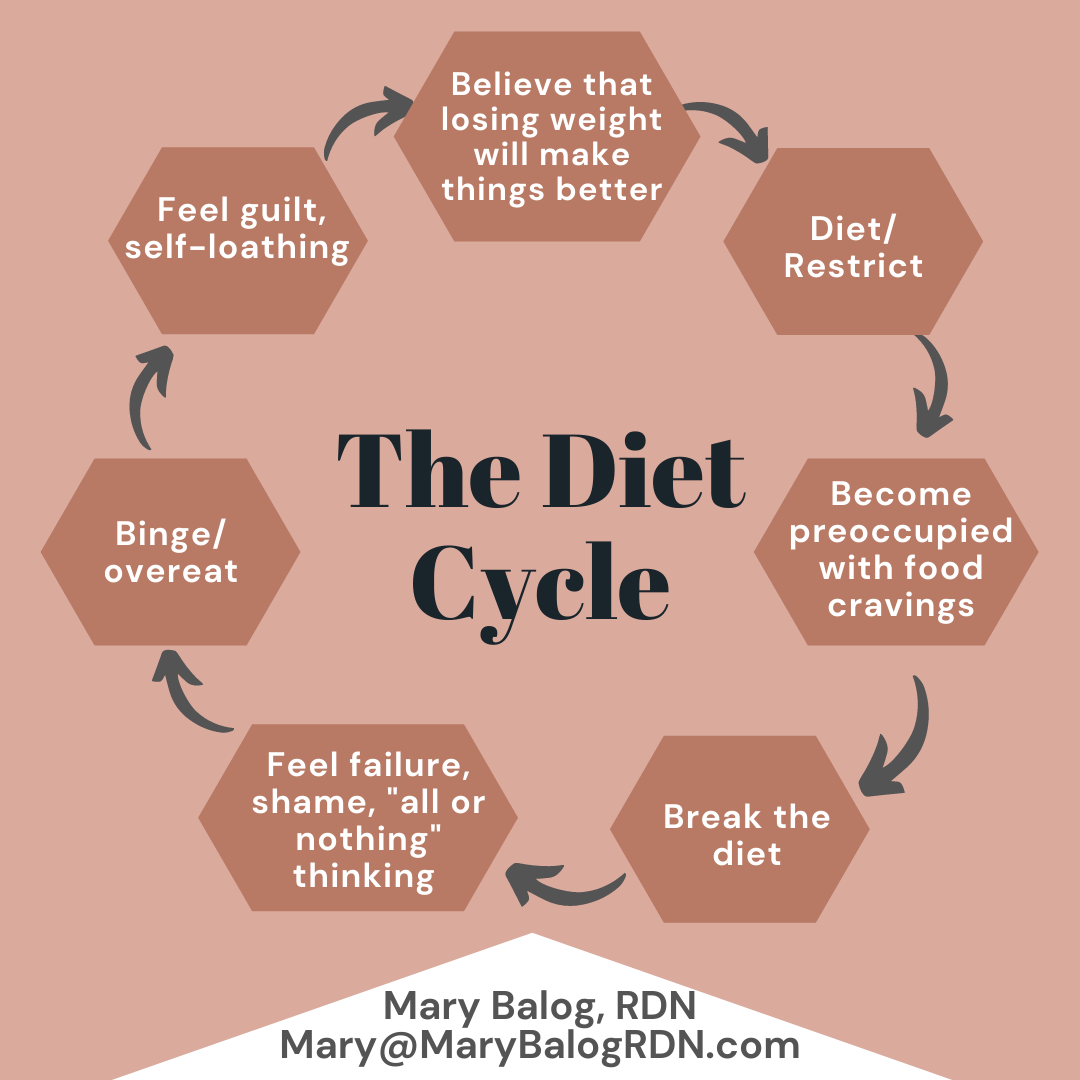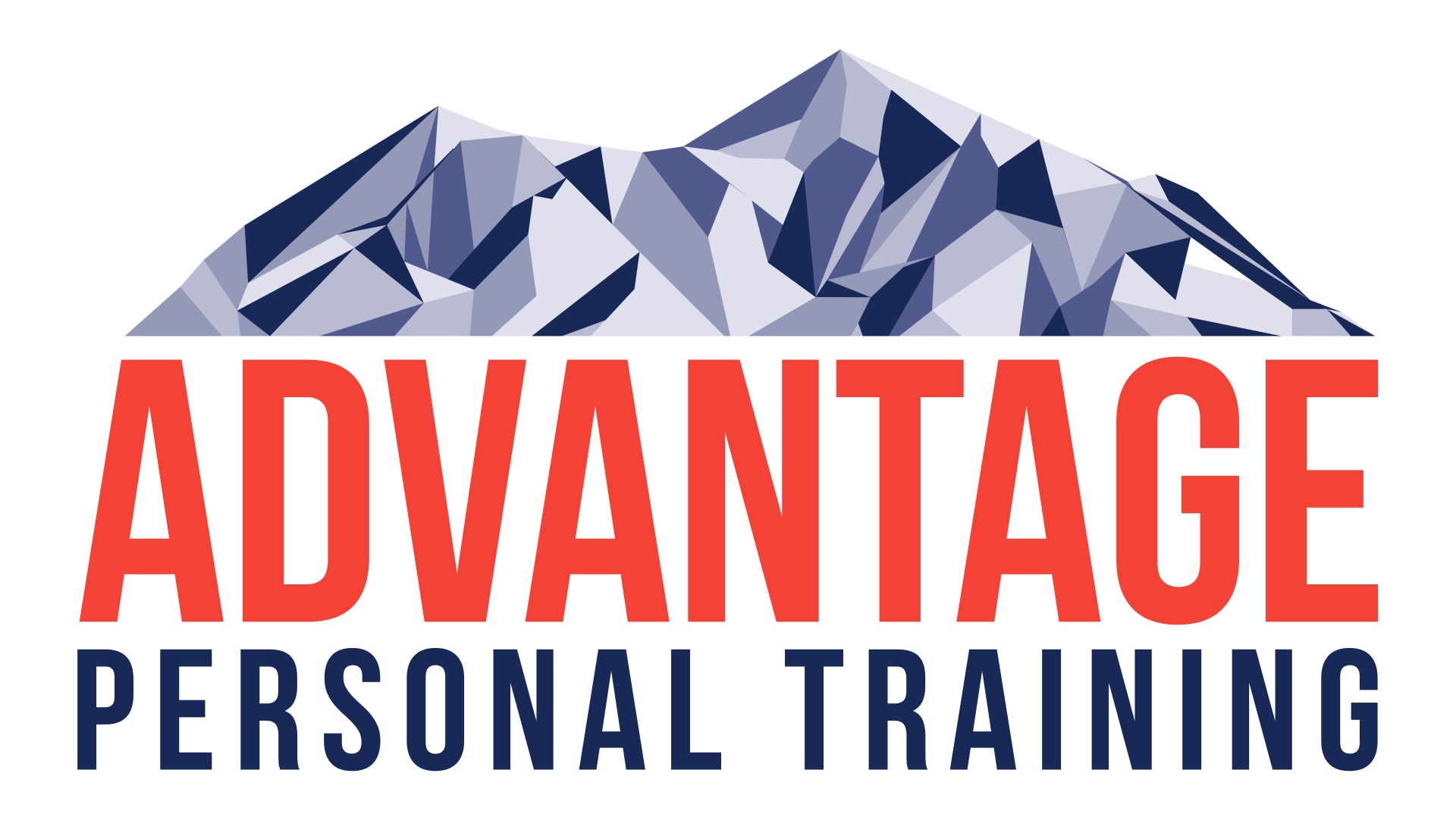Turning Resolutions Into Goals
As the New Year approaches, many people begin to review the last 365 days. They take stock of what they should or should not have done; what they could have done better, and why they aren’t ahead of where they were at this same time last year. Since the calendar months are resetting, it is a natural time to reset ourselves and adjust parts of our lives which we are not completely happy with. The most common way to do this is to come up with a New Year’s Resolution. This not-so-novel idea is a way for people to give themselves a pep talk, and feel as though they are getting themselves on the right track for the year ahead. Whether you want to improve your diet, lose weight, stop smoking, focus on family relationships, or get ahead at work, you may find your well-intentioned idea works until about January 17 th , at which point you slip back into your old ways and continue on the path you blazed in previous years. Many people have given up on the idea of making a New Year’s Resolution because of this lack of success. They feel discouraged because after the initial jolt of will power to change their lives, they are not able to maintain the proper motivation to make that change a permanent part of their lives.
So why aren’t New Year’s Resolutions successful? Determining an area of your life you want to improve is a good start, but doing that alone lacks several key ingredients to be lasting and successful. To create a real change, you have to turn your resolution into a goal. Resolutions make us feel good and give us our initial motivation, but they lack enforcement. It is difficult to follow through with a resolution because critical questions about what, when, and how are not addressed and defined. On the other hand, when you set a goal, you have something that is measureable and accountable. Because a well thought out goal includes more information about what you are attempting to change, you have more to guide you towards that change. At Advantage, we teach you to set goals you can MASTER. This means your goals should be Measurable, Attainable, Specific, Time-bound, Encouraging, and Realistic.
H  ere is an example. Let’s say your resolution is ”I am going to get in better shape this year.” How is this measured? What do you consider to be a success? How long will it take to accomplish this? How do you know when you have crossed the line between “out of shape” and “in shape”? With so many questions unanswered, you can see how one triumphant moment of motivation can quickly lose steam and fade into the background of everyday life in just a few days or weeks. Now set a goal that reflects the same thoughts as your resolution, but has more defined expectations. By setting goals this way you give yourself an action plan and effective stepping stones to get you to the desired result. The goal now appears as; “Before the end of 2013, I will lose 15 pounds by making 80% of my meals consist of whole, unprocessed foods and working with a personal trainer to lose 5% of my body fat.” This goal provides structure and guidance, and allows you to MASTER your goal of weight loss.
ere is an example. Let’s say your resolution is ”I am going to get in better shape this year.” How is this measured? What do you consider to be a success? How long will it take to accomplish this? How do you know when you have crossed the line between “out of shape” and “in shape”? With so many questions unanswered, you can see how one triumphant moment of motivation can quickly lose steam and fade into the background of everyday life in just a few days or weeks. Now set a goal that reflects the same thoughts as your resolution, but has more defined expectations. By setting goals this way you give yourself an action plan and effective stepping stones to get you to the desired result. The goal now appears as; “Before the end of 2013, I will lose 15 pounds by making 80% of my meals consist of whole, unprocessed foods and working with a personal trainer to lose 5% of my body fat.” This goal provides structure and guidance, and allows you to MASTER your goal of weight loss.
This year, when you make your New Year’s Resolution, take it a step further and make it your New Year’s Goal. We at Advantage want you to have great success in improving your life, and we feel that this is a better way to do it. Whatever your goal is, set short term, attainable goals to lead you to your goal for the year. If you need help setting your goals, come in and see us or check out the Goal Setting Workshop in our Performance Psychology Series. Otherwise, have a great holiday season, a happy New Year, and best of luck reaching your New Year’s Goal.
Be Well,
Brian




Advantage Personal Training is an Ann Arbor based Family Oriented Gym, focusing on the training needs of individuals, small groups and youth athletes. Meet with a results-oriented personal trainer and put yourself on the path to a more active life!
SERVICES
CONTACT INFORMATION
Hours of Operation
Mon to Fri: 6:00 AM - 8:30 PM
Sat: 8:30 AM - 12:30 PM
Sun: CLOSED
All Rights Reserved | Advantage Personal Training

